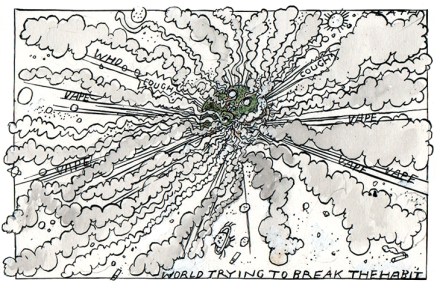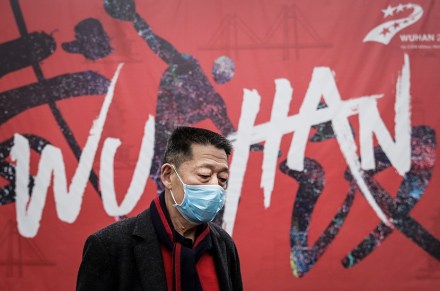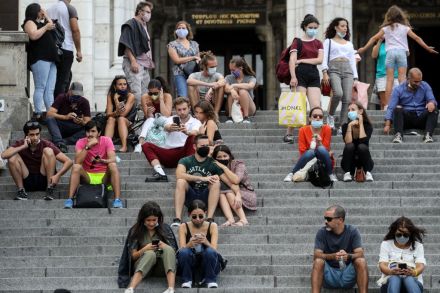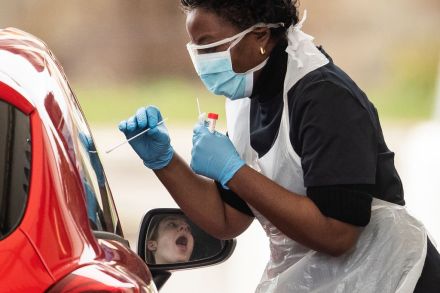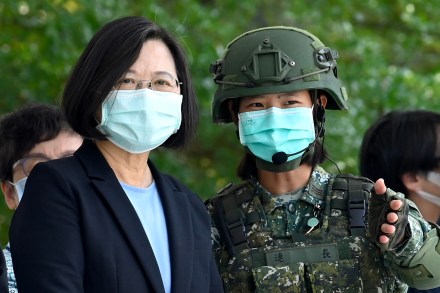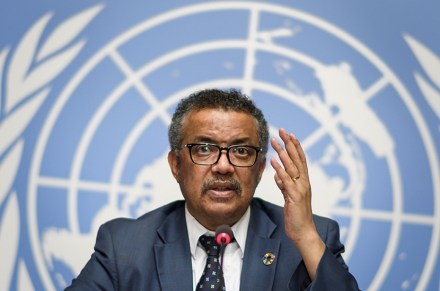The WHO’s bizarre war on e-cigarettes
When the COP26 climate change conference hits Glasgow at the end of October, the media will be out in force to discover how world leaders are going to meet their ambitious carbon emission targets. It will be on the front pages. Edited highlights will be on television. Boris Johnson and Nicola Sturgeon will be elbowing each other out of the way to get in the limelight. Extinction Rebellion will be performing their doomsday japes outside. But when COP9 begins in November, few will notice. Admittedly, this event is being held online this year, but it would have flown under the radar even if it had been held in the Hague,
